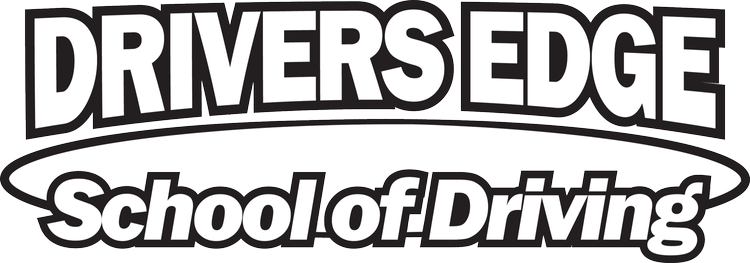“6 Dangerous Habits to Quit”
Humans are habitual creatures by nature. This means we are what we constantly do. At a certain point, driving will become like second nature and our bodies will take over and run on mostly autopilot. This autopilot can have good and bad habits. This week's blog will cover 6 habits that you should kick before they become permanent.
1. Speeding: Speeding is incredibly dangerous. It decreases your reaction time and increases the force that could be created upon impact. Speeding is often accepted in society, however it is still illegal and dangerous.
2. Not Checking Blind Spots: It is important to check your blind spots constantly. Oftentimes, people can get overconfident or lazy and not look into their blind spot causing wrecks or near misses when changing lanes. It is also important to signal before changing lanes, which is a step drivers sometimes skip.
3. Not wearing a Seatbelt: Seatbelts save lives. If you want more information on seatbelts, check back to an earlier blog. Seatbelts help decrease the force you feel when in a crash, and also keep you in place in the case of a crash. It is something that you hopefully will never need, but if you do you will be thankful you wore one.
4. Driving Under the Influence: Do not drink and drive. Do not drive while under the influence of other substances as well. Driving takes your whole attention and mental abilities. Having substances in your system that prevent this is dangerous for you and the people around you.
5. Texting and Driving: Texting while driving is dangerous because it distracts you visually, physically, and mentally. Texting takes your eyes off the road, hands off the wheel, and mind off of driving. This increases the risk of accidents by slowing reaction times and impairing judgment.
6. Not Respecting Weather Conditions: You cannot control the weather. Sometimes, it is too dangerous to drive in, and other times, it requires you to slow down or pay closer attention. Many drivers disregard common sense driving practices when driving in inclement weather. Respect the power and dangers nature can bring.
When you first begin driving, it is important to practice good habits. That is one of the reasons you are required to practice driving with a more experienced driver and a driving instructor. Habits can be hard to break, but it is not impossible. If you participate in the habits above, it is encouraged to attempt and break them.
